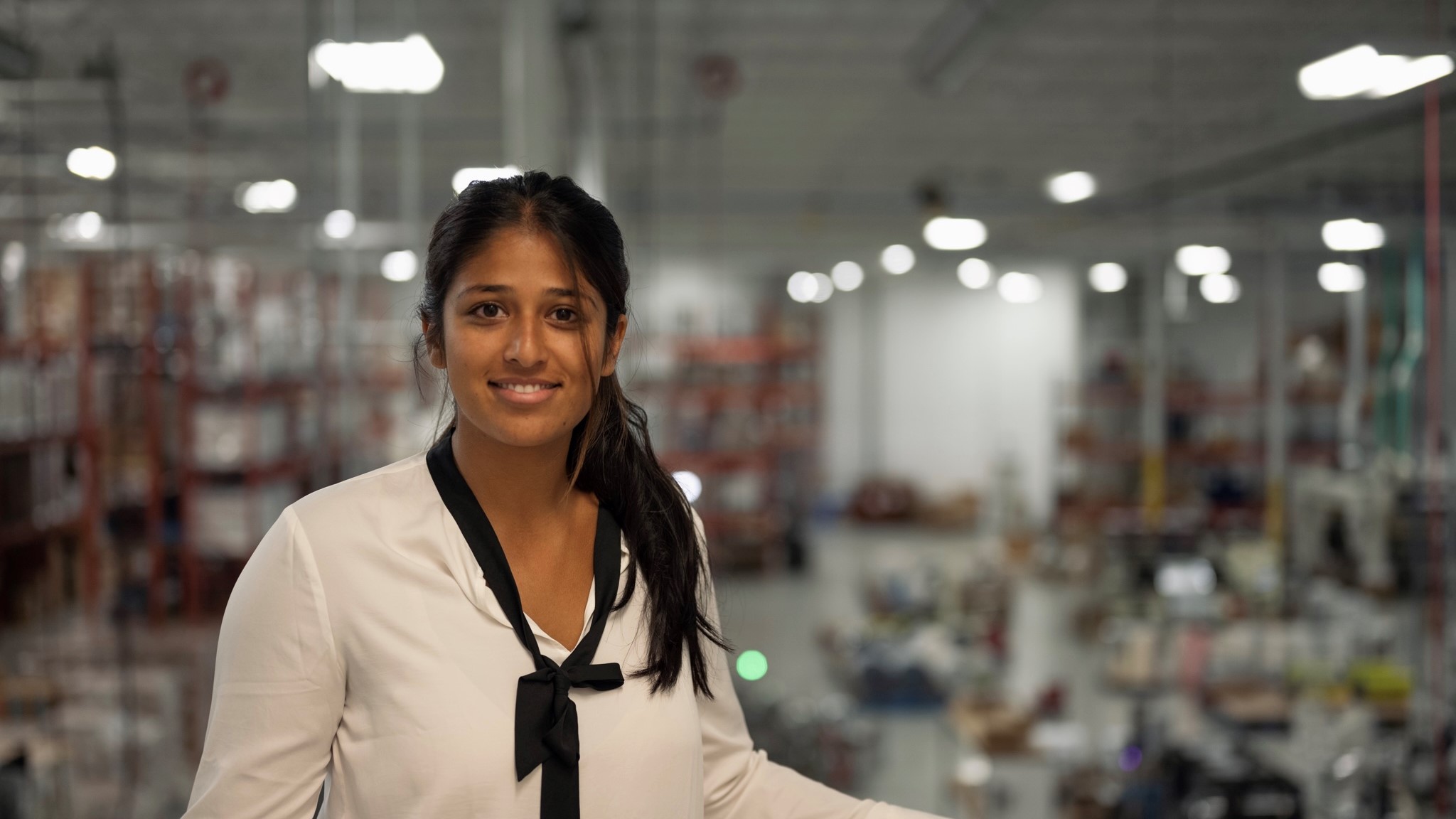
How Rootree is pushing the boundaries of sustainable packaging
Every municipality handles waste differently, and something that’s recyclable or compostable in your town might not be 10 km down the road. At times, it can feel like we need an advanced degree to put the right materials in the right bins.
Sustainability-focused manufacturers are equally frustrated with current waste management systems, as their efforts to produce greener packaging can easily outpace regulations. We spoke with Pia Simran, VP of Product and Business Development at Rootree, to learn how manufacturers are trying to reduce waste and change the systems for the better.
Growing demand for green packaging
Rootree specializes in helping small- and medium-sized businesses, primarily in the food sector, find the perfect packaging for their offerings. They’ve always been mindful of the environment, but they’ve found that their customers have been even more interested in sustainable options in the last few years.
“Our ambition is to refine our processes and products every day, and to spread awareness of alternatives to conventional packaging,” Pia said. Rootree offers compostable and recyclable packaging that maintain a professional look similar to conventional packaging.
Pia noted that sustainability is driving different buying habits. Consumers are demanding products with less waste, so businesses are too. Rootree is commonly asked questions like “Is this truly going to be recycled?” and “Does compostable packaging really exist?”
The answers to those questions are complicated. “There’s a lack of awareness, infrastructure, and government legislation supporting green waste management,” Pia said. “These are some of the challenges we face today, and we’re excited for the system to evolve.”
Too camouflaged to compost
Rootree’s compostable packaging is fit for the backyard compost pile or industrial facilities. The issue is that their pouches look and feel just like conventional packaging. For the customer, that’s a good thing. But for a composting facility, it means that the packaging is often mistaken for non-compostable waste and sent to landfill.
Pia observed that as people have spent more time at home during the COVID-19 pandemic, they’ve been more interested in living sustainably. But not everyone has access to home composting, even if they’re willing to try it. “The consumer desire is there, but it isn’t enough,” Pia said. “Manufacturers, distributors, and retailers need to take responsibility – we need to make significant changes across the board to effect true change for our planet.”
Rootree is taking steps to get their compostable packaging in the green bin by advocating for standardization in waste collection and educating their customers about sustainable packaging. “We also believe that as more manufacturers start investing in sustainability, more infrastructure will be put in place to support our initiatives,” Pia added.
Too realistic to recycle
Recyclable packaging faces similar problems – researchers estimate that only 9% of the world’s plastic has been recycled. “There are many barriers to recycling,” Pia said. “Recycling and sorting facilities are often privately held, and many of them can’t handle even typical recyclable products well.” Some of the biggest challenges include contamination and a lack of technology to sort common items.

Recyclable materials have a number from 1 to 7 inside their triangular recycling label, with smaller numbers being easier to recycle. Numbers 1 and 2 are generally easy to melt into pellets and sell back to manufacturers. But items with higher numbers are made with mixed plastic, which is more difficult and energy intensive to recycle. Many recycling facilities send these “recyclable” materials to the landfill, the incinerator, or overseas.
“When you buy packaging at the store, 99% of the time you’re getting a pouch made with several layers of different polymers,” Pia said. “These pouches are classified under recycling code 7, and most local facilities won’t recycle them.”
Rootree’s recyclable packaging is code 2, and most municipalities should be able to accept it in the blue bin. However, their pouches are easily mistaken for code 7 plastics at the sorting facility, and so they might end up in landfill despite being easy to recycle.
“For more of these plastics to be properly recycled, we need our government to create a national recycling standard, put more responsibility for lifecycle management on the producers, and help provide better economics for waste management companies,” Pia said.
Pia also noted that closed loop recycling programs where manufacturers take back their own waste are becoming more popular. This takeback strategy has the advantages of improving brand-consumer relationships and reducing cross-contamination, resulting in cleaner resins and less need for virgin plastics.
Changing the waste management system
Our current options for waste disposal leave a lot to be desired, but Rootree believes we’re moving in the right direction. “Consumers have a voice, and that voice screams loud and clear that more sustainable packaging is needed,” Pia said. In the next two to three years, Pia expects more manufacturers to invest in sustainable packaging, and more plastics to be replaced with green options. “Those changes can’t be ignored, and we hope to see more government support for a sophisticated, unified waste management system.”
Ontario is responding to market demands with an extended producer responsibility legislation that plans to shift recycling costs to producers starting in 2023. They also plan to standardize accepted materials and bring recycling to more municipalities.
“We feel this is an amazing path forward,” Pia said. “But for this to work, we need to incentivize producers to reduce waste and use eco-friendly materials. We’d also like to see substantial subsidies for new recycling technologies and new products made from recycled materials. We must create better value and more demand for recycled goods, which comes in the form of legislation.”
Sustainability innovators may be facing obstacles today, but Rootree is motivated to effect change. “These challenges won’t stop us,” Pia said. “We’ll continue to develop sustainable packaging alternatives and work with industry leaders to push for waste management facilities to evolve.”
See the difference bullfrogpowered companies are making
Sorry, we couldn't find any posts. Please try a different search.